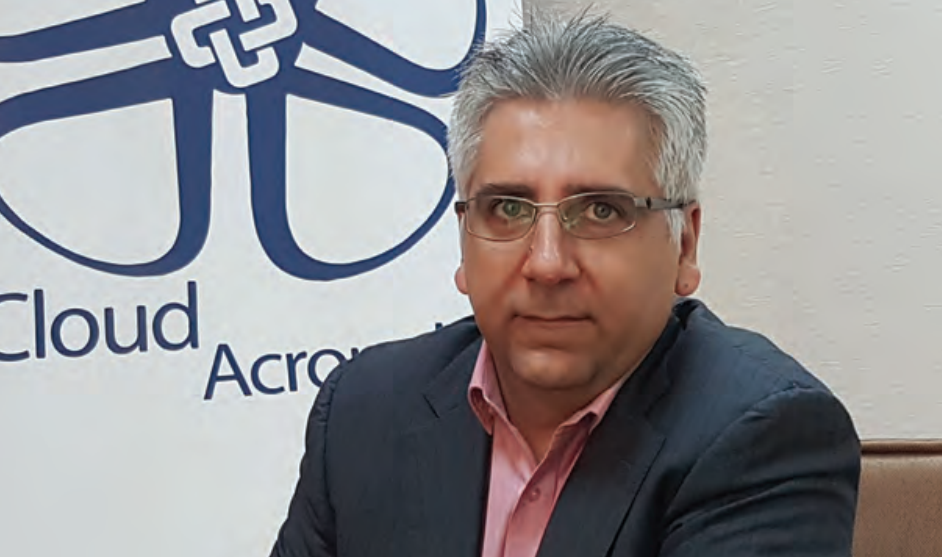
on top of their IT services. These policy procedures will clearly show the benefits of outsourcing.
There are 60 submarine cables coming into Oman, and setting up a data center would be the perfect way to meet the country’s white spaces and gain a competitive advantage. There was no international company playing the role of a pure cloud provider, and the ecosystem was in need of innovation to drive down prices to a competitive level. Moreover, we noticed receptiveness on the part of the Omani consumer market to the adoption of ICT services, with rapid growth of the online transaction market. Finally, we saw the availability of human resources, with an extremely high percentage of new graduates with an IT background, a testament to the country’s inclination toward the industry. As a result of COVID-19, all businesses started looking at e-commerce, digital communication tools, and open source. We will see steady advancements in IoT, AI, and ERP systems, and we seek to become the underlying enabler behind the digital transformation of the Sultanate.
The COVID-19 pandemic highlighted once again the importance of business continuity. As a cloud system provider, Cloud Acropolis has been able to work from anywhere, and we have been able to do so as a result of the investments in disaster recovery systems, online and offline backup, and ERP programs. Normal enterprises, however, cannot build the same type of infrastructure and should outsource their services to professional companies. Moreover, while cybersecurity concerns around outsourcing persist, hardware downtimes are much more frequent than on virtually shared platforms. Companies cannot be sure their data is 100% secured, but enterprises need to look at it from an internal maturity and processes point of view. Eventually, every company should have information security management governance
5G is much faster than 4G and allows for concurrent connections without being overloaded. The application that sits behind it needs to be intelligent and policy-driven to be able to provide adequate service. Under a 5G-enabled environment, data will need to be processed in data centers within microseconds, and there is a question about how many data centers in Oman can currently provide. Cloud Acropolis has this capability built in already by its 100GBPS internal connectivity as well as all needed technologies to ensure the full communication, storage and processing under 900 microseconds. Reliability of networks is also crucial, so Omantel, Ooredoo, and Vodafone have to ensure there is high availability to provide services based on 5G. There should be regulatory efforts in order to support the telecom industry to develop an advanced ICT ecosystem. Today, we have many IoT services in logistics and tracking devices; moving them to autonomous processes requires the client give a large amount of trust to the entire setup.
The telecoms industry needs to undergo a vigorous mindset and cultural change to favor the enablement of 5G. We do not see a thorough regulatory environment on top of the telecom industry. Telecom is extremely expensive; before COVID-19, we could not even use Microsoft Teams or VoIP systems. The future of Oman is within IT. When Ooredoo entered the market, it had to work hand-in-hand with Omantel instead of competing. When the third operator enters the market, perhaps the regulator will ensure the three players compete freely to manage prices and services. The peering between the two operators, Omantel and Ooredoo, does not happen in Oman, so a call between the two operators happens abroad, at a higher cost. The Ministry of Technology and Telecommunications is expected to turn things around, because, so far, the team has remained the same as the team of the Information Technology Authority.